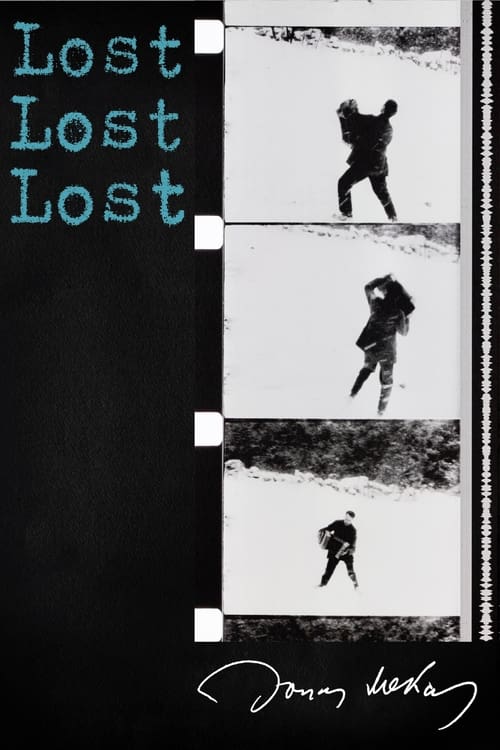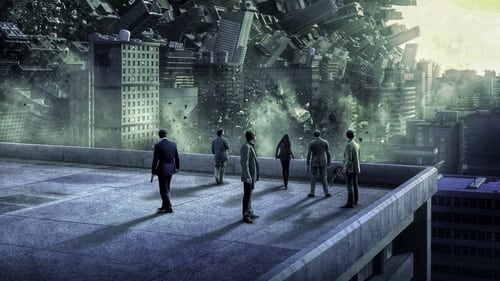Informações
Sinopse:
Duração: 02h58m
Data de lançamento: 14 de setembro de 1976
Genêros: Documentário.
(22 votos)
?
?

Sinopse:
Duração: 02h58m
Data de lançamento: 14 de setembro de 1976
Genêros: Documentário.

Um dia na vida de três jovens delinquentes, um árabe, um judeu e um negro que moram num conjunto habitacional pobre de Paris, mostra a que ponto pode chegar a discriminação racial de policiais hostis.

Um filme extremamente minimalista: uma sala branca vazia, dois atores e uma voz que vai indicar pontos de perfeições dos personagens. "Assim, um salto humano," "e cai," "esta é uma orelha," "esses são dois joelhos" e "o que o homem está pensando?" são algumas das frases que aprova a dissertação de Leth. Amplamente 13 minutos na mais pura essência do gênero.

No período entre as duas guerras mundiais, o famoso gerente de um hotel europeu conhece um jovem empregado e os dois tornam-se melhores amigos. Entre as aventuras vividas pelos dois, constam o roubo de um famoso quadro do Renascimento, a batalha pela grande fortuna de uma família e as transformações históricas durante a primeira metade do século XX.

Isolado, intimidado e desconsiderado pela sociedade, o fracassado comediante Arthur Fleck inicia seu caminho como uma mente criminosa após assassinar três homens em pleno metrô. Sua ação inicia um movimento popular contra a elite de Gotham City, da qual Thomas Wayne é seu maior representante.

Cobb é um ladrão habilidoso que comete espionagem corporativa infiltrando-se no subconsciente de seus alvos durante o estado de sono. Impedido de retornar para sua família, ele recebe a oportunidade de se redimir ao realizar uma tarefa aparentemente impossível: plantar uma ideia na mente do herdeiro de um império. Para realizar o crime perfeito, ele conta com a ajuda do parceiro Arthur, o discreto Eames e a arquiteta de sonhos Ariadne. Juntos, eles correm para que o inimigo não antecipe seus passos.

Durante os bombardeios da Segunda Guerra Mundial de Londres, quatro irmãos ingleses são enviados para uma casa de campo onde eles estarão seguros. Um dia, Lucy encontra um guarda-roupa que a transporta para um mundo mágico chamado Nárnia. Depois de voltar, ela logo volta a Nárnia com seus irmãos, Peter e Edmund, e sua irmã, Susan. Lá eles se juntam ao leão mágico, Aslan, na luta contra a Feiticeira Branca.

Uma nave espacial viajando para uma colônia em um distante planeta e transportando milhares de pessoas tem um mau funcionamento em suas câmaras do sono. Como resultado, dois passageiros são despertados 90 anos antes.

O jovem Baby tem uma mania curiosa: precisa ouvir músicas o tempo todo para silenciar o zumbido que perturba seus ouvidos desde um acidente na infância. Excelente motorista, ele é o piloto de fuga oficial dos assaltos de Doc, mas não vê a hora de deixar o cargo, principalmente depois que se vê apaixonado pela garçonete Debora.